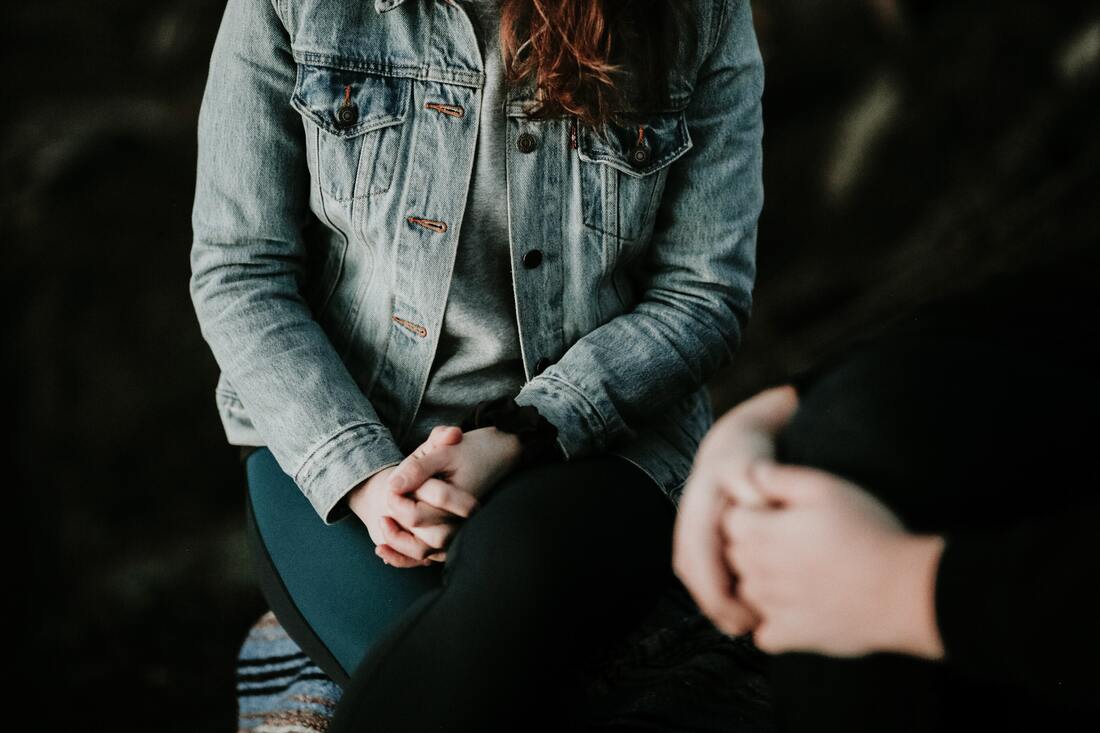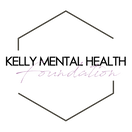|
By: Seija Grant, MEd CP, RP Whoooooa. Okay. Yes, there is a lot of shame going around. It seems to spread like wild fire too. So many conductors for shame and guilt that can easily lead to spiraling: feelings of being monitored by others, being judged, criticized or questioned for our actions or behaviours (perceived or actual); for feeling ‘good’ during a global crisis; for coping in a way that we need to; for not doing ‘enough’. There are people making assumptions about others, posting things all over social media, guilting, blaming and shaming. It’s nearly impossible to avoid. Shame is defined as humiliation and distress caused by the consciousness of wrong or foolish behaviour. Shame is “I am bad”, whereas guilt is “I did something bad”. Shame is the fear of disconnection with others, of being ostracized and outcast. Blame is a way to discharge pain and discomfort. These are all defense mechanisms, ways to protect ourselves, but not the adaptive kind. What I propose is this: we pause before engaging with these behaviours, and think it over before we proceed. If we continue to allow fear to drive the bus, the result will be hatred, divide, and disconnection, as we have seen in history countless times before. Rather than starting an online tirade or sharing a post that fuels anger or isolates a group of people, let us all think about what we could do instead. There is another option. A quote by Brené Brown (if you’re not familiar, she has an excellent Netflix special called ‘Call to Courage’). Which can be helpful during this time is: “All I know is that my life is better when I assume people are doing their best. It keeps me out of judgment and lets me focus on what is, and not what should or could be.” This time can be really difficult for some people. I recently read a post that was helpful and it said something like ‘we are all in the same storm, but we are in different boats’. I thought that was really powerful because there are many different situations and we need to be cognizant that the struggle is much different for different people and for different reasons. Also, this trauma (yes this is a trauma we are collectively enduring) can be triggering, and activating for people who have a pre-existing trauma history (many more people than you likely think). I whole-heartedly agree that our physical health is very important during this time and needs to be protected, but so too does our mental health. We still need to have access to healthy coping strategies and our support system, but we need to do it safely. We, as humans, are wired for connection. Let’s use this as an opportunity to build each other up, to support one another, to be there for others, to reconnect, to care for ourselves, to practice empathy, and to communicate. Reach out if you need help and be understanding if others reach out to you. Also, let’s be kind and compassionate with ourselves, because this is hard. When we are kind to ourselves, we are also kinder to others.
|
|
OverviewNWO’s source for all things relationships, mental health, wellness, lifestyle, and pandemic support. Kelly Magazine is a mental health outreach initiative created by Kelly Mental Health and supported by Kelly Mental Health Foundation, a non-profit organization dedicated to improving the community in the area of mental health.
|
Magazine |
Follow Us |
In support of @kellymentalhealthfndn |
© COPYRIGHT. ALL RIGHTS RESERVED. WEB DESIGN BY KMH





